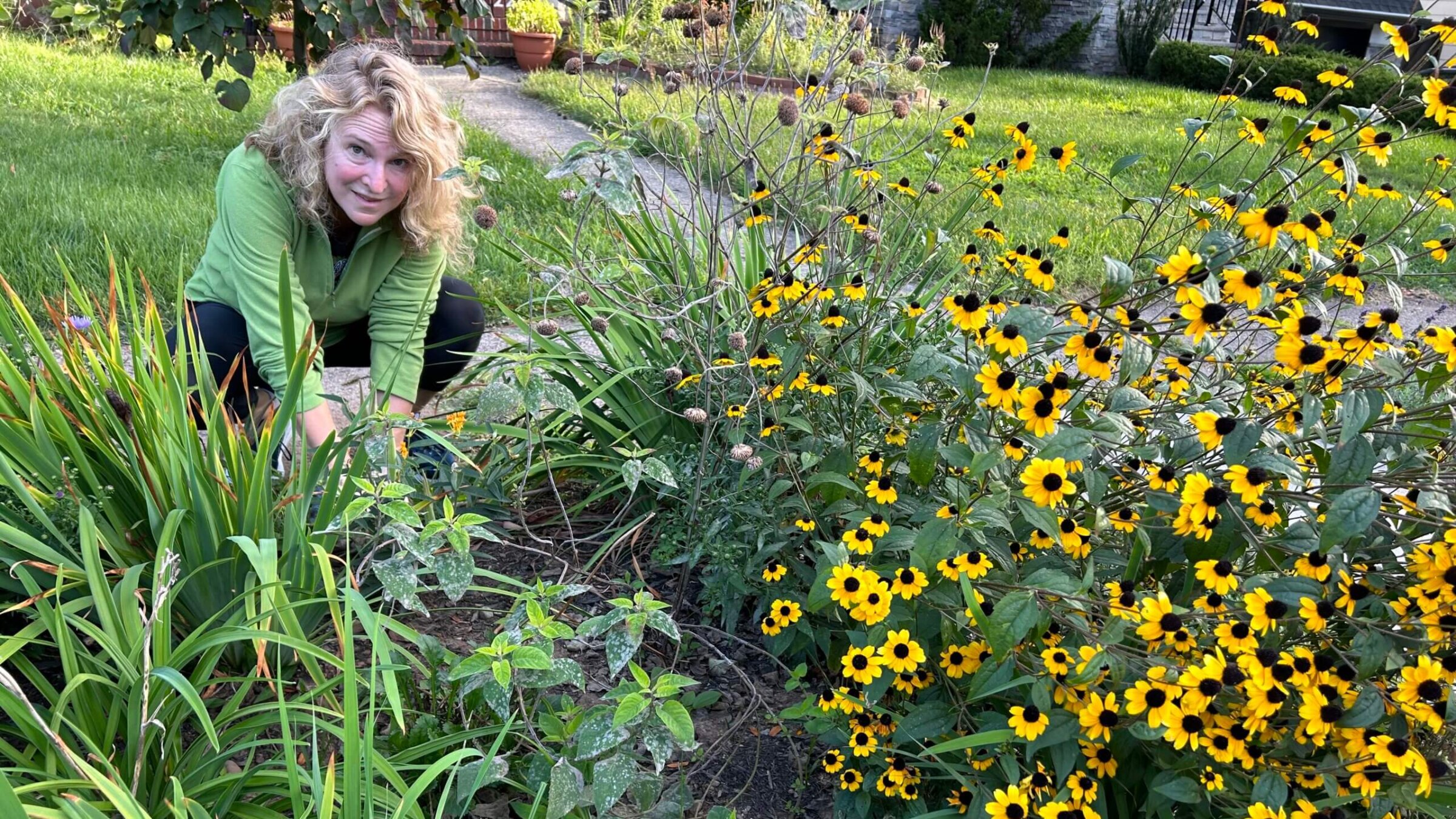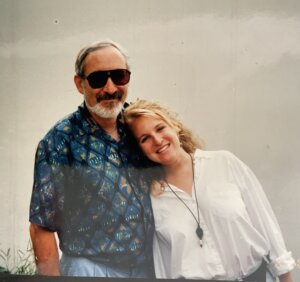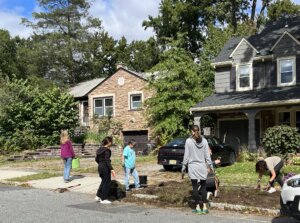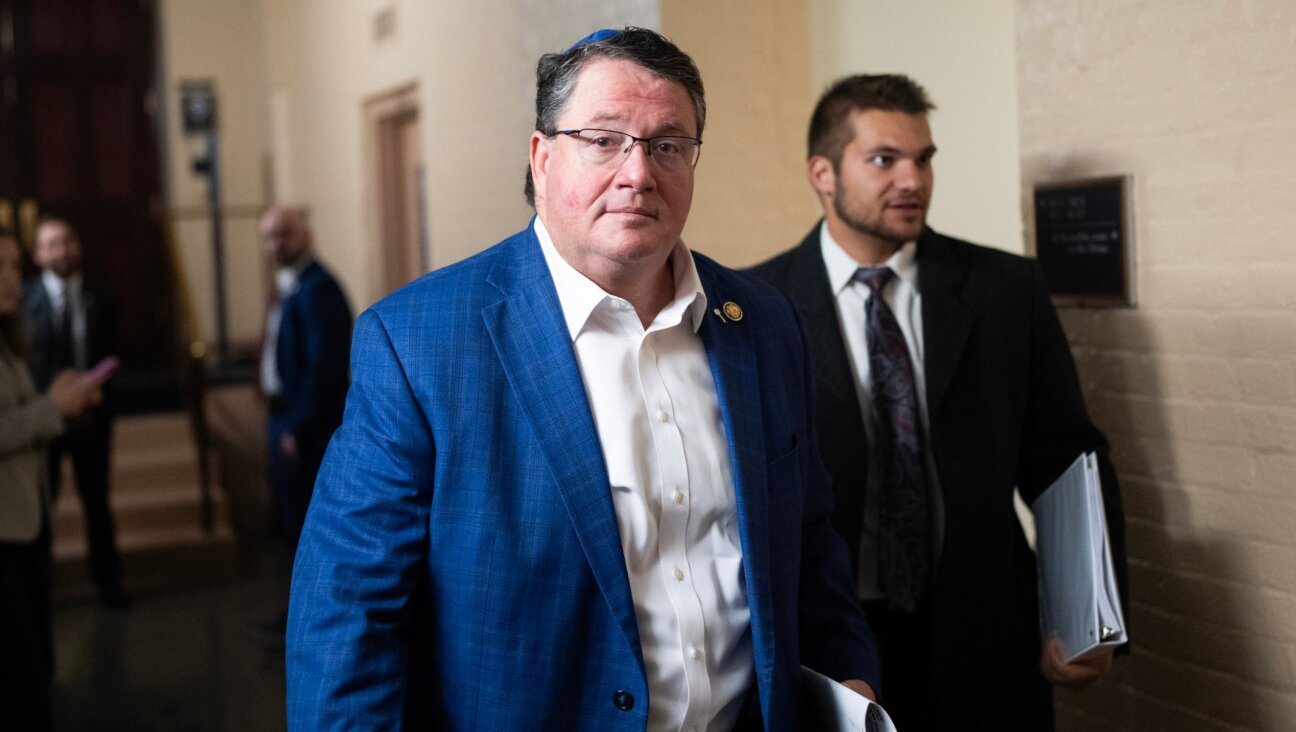FIRST PERSONThe Game of Life: After my dad died, my neighbors planted a memorial garden
Now I just wish I could ask him if the daisy will ever bloom and whether the aster needs more space

After her father passed away, writer Deb Levy devoted her energy into keeping his agricultural spirit alive in her front yard. Courtesy of Deb Levy
Three days after we buried my father in Miami last October, my friends and neighbors surprised me by planting a memorial garden in that little patch of grass between the sidewalk and street in front of my house in New Jersey. I came home to find a melange of plants and saplings – some in bloom, some beginning to wither as fall approached – and broke down sobbing.
Dad was a landscape architect. When I was born, he gave out plants rather than cigars. He taught me the botanical name of practically every tropical plant species. And whenever he came up north to visit our family, he’d ask, horrified: “Are you trying to have the ugliest yard on the street?”
Of course not. I was trying to keep three boys alive. My sons tromped across grass, peed in bushes and ran through trees at dusk, one of them once tearing an eyelid badly enough to require eight stitches. Gardening was not for us.

But two of my sons no longer live at home and the third is getting ready to leave the nest. I’m the one running now, obsessively listening to podcasts as I cover miles around my neighborhood and local park. And every morning when I come back from my workout, I marvel at the way this little garden has evolved with the seasons, wishing I could send photos to my dad of the tiny purple iris buds, the echinacea that draws goldfinches to its petals, the butterfly weed and catmint I transplanted (much to their apparent happiness.) I want to ask if he thinks the Nippon daisy, will ever bloom and if the fall aster needs a bit more space to breathe.
Oct. 3, 2024 marks exactly a year since I watched my father take his last breath, at 82.
It was the fourth day of Sukkot. About a week before, on Yom Kippur, my father and I had our last meaningful conversation. He told me he wasn’t afraid of dying, but he was afraid of doing it wrong. I told him what my labor nurse had said 23 years earlier when I was giving birth to my first son and had a similar fear: “That baby is going to come out of you one way or another,” she noted. “It doesn’t really matter how.”
I assured my father that he wouldn’t be alone; and I promised that we wouldn’t judge him afterwards. Later that night, he made his last joke when the hospice nurse commented on how he looked like Kenny Rogers.
“But he’s richer,” my dad said without missing a beat.
Time moved slowly in those final days I spent helping my dad pass from one world to the next. In a lot of ways, it felt like childbirth, but in reverse. And much, much quieter. Vital signs were checked, arms were stroked, breaths were counted, lullabies were sung. We waited, not knowing which moment would separate the before from the after. We sat in limbo between two worlds – the one we know, and the one that is completely unknowable.
I watched as my father – completely unconscious – raised his arms and moved his lips, quelling my doubts about whether there is someone waiting for us on the other side.

I’m on another side of my own life now, a daughter without a father. I’ve coped with that grief by being outdoors, tending his garden. I’ve wondered, when it was covered in snow, what dormant magic might be happening under the earth. I learned to identify weeds, clearing them away in early spring to make room for the vegetation that surprised me as the days grew warmer.
Then one morning in June, as I was communing with the flowers, I watched one of my neighbors struggling to get her kids out of the house. In her harried movements, I saw a younger version of myself. I was still picking weeds when she returned from the bus stop a few minutes later, looking like she had been through a war.
“Rough morning?” I asked.
It was the last week of school – so, already, you know – and one of her daughters was bringing a board game to class, per the teacher’s invitation. The Game of Life. As the bus approached, my neighbor explained, her daughter had dropped the box and the pieces went everywhere. You know how many pieces are in the Game of Life? About eleventy billion.
“So what happened?” I asked, wondering if the game was still strewn across Grove Street.
“Oh,” she said. “Everybody swooped in to help pick up the pieces.”
I stared at her and said, “That is perfect.”
Because the game of life is always dropping. But if we have friends and neighbors to help pick up the pieces, to plant gardens, then, ultimately, we are winning.
















